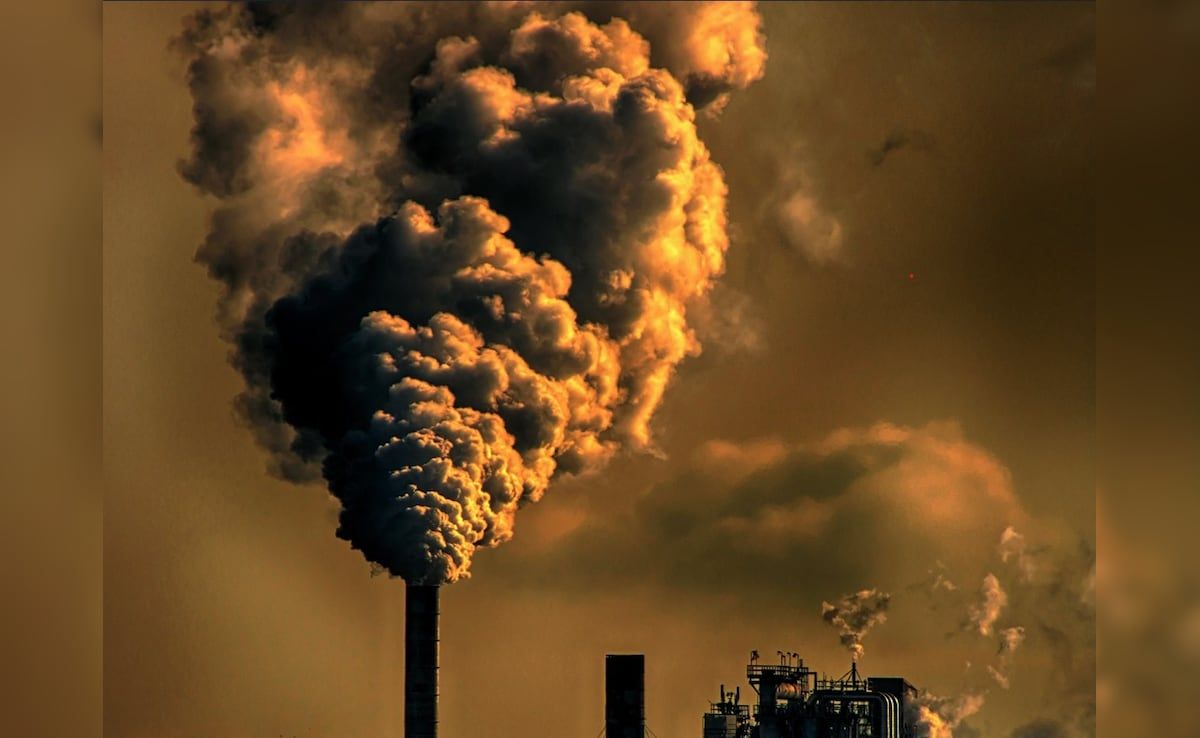COP29 Summit Takes Place Amid Record-Breaking Temperatures

The UN climate summit, COP29, is being held during yet another record-breaking year of higher global temperatures, adding pressure to negotiations aimed at curbing climate change. The last global scientific consensus on climate change was released in 2021 through the Intergovernmental Panel on Climate Change, but scientists say that evidence shows global warming and its impacts are unfolding faster than expected.
According to a recent study published in Nature Geoscience, the world may have already hit 1.5 degrees Celsius (2.7 F) above pre-industrial temperatures - a critical threshold beyond which it is at risk of irreversible and extreme climate change. The new data suggests that global warming has been happening faster than previously thought, with ocean levels rising by about 30% since the last sea level rise.
As a result, scientists are warning of increased frequency and severity of natural disasters such as wildfires, hurricanes, and floods. A recent study found that more than 13% of deaths associated with toxic wildfire smoke during the 2010s could be attributed to climate change.
The Amazon rainforest is also facing severe droughts, with river levels sinking to all-time lows this year, while fires ravaged the region. Scientists fear that this could push the Amazon past a tipping point, leading to degraded forests or sandy savannas.
Climate-related disasters are also expected to worsen in the coming years. The United Nations has warned that 2024 is likely to be the warmest year on record, with severe heatwaves and droughts becoming more frequent.
Additionally, scientists have discovered that climate change may even boost volcanic eruptions due to rapid glacier retreat and melting of ice caps.
Experts have also been warning that major ocean current systems, such as the Atlantic Meridional Overturning Circulation (AMOC), are slowing down due to warming waters, which could lead to extreme weather patterns in Europe.
The COP29 summit aims to bring together world leaders to tackle these urgent climate issues and commit to implementing measures to reduce greenhouse gas emissions. However, given the alarming rate at which the Earth is heating up, many scientists argue that more radical action is needed to avoid catastrophic consequences.
Updated at 0900 hours
The UN Climate Change conference in Egypt's Sharm El-Sheikh has begun with delegates calling for urgent action on addressing climate change and protecting vulnerable communities. The negotiations are expected to be tough as developing countries demand increased funding to adapt to the impacts of climate change.
As leaders come together, scientists urge policymakers to prioritize measures that reduce greenhouse gas emissions and protect vulnerable ecosystems. Time is running out to take drastic action, but many experts believe it's not too late...
